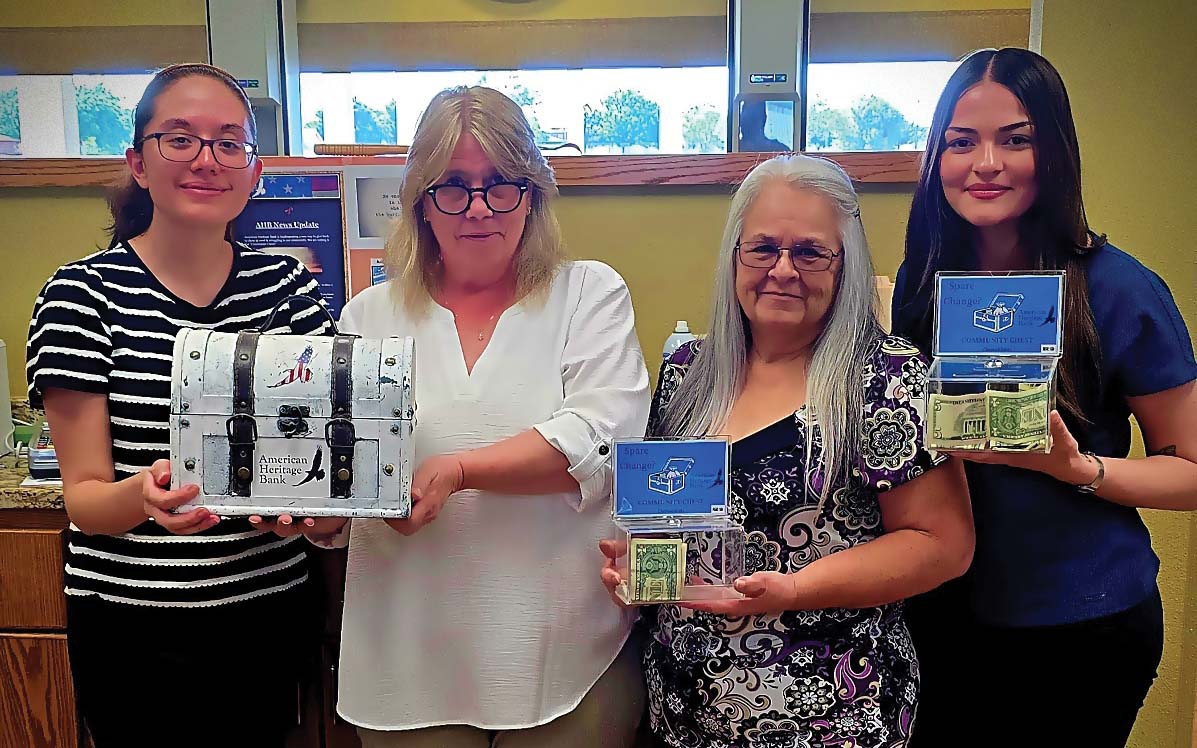ICBA’s success in achieving a community bank exemption from the FDIC’s special assessment leads to expanded membership.
Powering Potential: Special Assessment Success Sparks Membership Momentum
August 22, 2024 / By William Atkinson
ICBA’s success in achieving a community bank exemption from the FDIC’s special assessment leads to expanded membership.
Last year’s ICBA efforts to differentiate the community banking business model in the wake of the failures at larger banks led directly to the FDIC’s special assessment exemption for the vast majority of community banks.
With ICBA widely credited for this success in policy circles and among community bankers, the association has experienced a boom in new memberships.
Successful advocacy efforts
Following the failures last year of Silicon Valley Bank (SVB) and Signature Bank of New York, ICBA was clear in its advocacy outlook: No community bank should have to pay for the mistakes of these larger and riskier institutions.
Months of aggressive advocacy from ICBA staff and community bankers paid off. The FDIC’s special assessment to replenish the Deposit Insurance Fund exempted community banks with less than $5 billion in uninsured deposits, resulting in no special assessments for any community bank with less than $5 billion in assets.
With many talking heads citing SVB and Signature examples of failing “small banks,” the exemption was a key element in ICBA successfully differentiating community banks from their larger counterparts.
In November 2023, ICBA president and CEO Rebeca Romero Rainey issued the following statement on the FDIC’s final rule: “The FDIC’s exemption for the vast majority of community banks recognizes the importance of distinguishing large banks that pose systemic risk to the financial system from the thousands of community banks that serve consumers and small businesses.”
Of course, the success also resulted in meaningful savings for ICBA members that can be put back into serving local customers and communities, and ICBA was more than ready to share the good news with its members.
Sharing success with members
Quick Stat
58%
The increase in ICBA member acquisitions during the 2024 renewal campaign compared with the same period in 2023
In addition to keeping community bankers up to speed about the special assessment developments through ICBA’s NewsWatch Today daily newsletter and messages from Romero Rainey, the organization sought to clearly communicate the importance of the exemption in a direct marketing campaign.
“We focused our messaging on our successful efforts to protect community banks from the Deposit Insurance Fund’s special assessment to make sure our members did not incur any costs as a result of the mistakes of large, risky banks,” says Bailey Yeager, ICBA assistant vice president of marketing strategy and execution.
In postcards and letters from ICBA member relations officers, the association emphasized how community banks can achieve meaningful successes by working through ICBA.
“Unlike other organizations, ICBA’s interests are not divided, and we were able to make the case that no bank under $5 billion [in assets] should pay for the mistakes of larger banks,” Yeager adds. “The total cost of the special assessment to other banks turned out to be $16.3 billion.”
Well-timed member campaigns
Within days of the failures of SVB and Signature, ICBA rolled out its ICBA National Campaign, which offers numerous assets to differentiate and elevate community banks from other financial institutions. Given the misinformed messages about “small banks” coming out from major outlets like CNBC, the launch of the campaign—which had been years in the making—was fortuitous.
By sharing the community banking story and the importance of relationship banking at such a pivotal time, the resource helped consumers see the community bank difference.
“The marketing resources ICBA offers its members for free help community banks amplify the message locally in a scaled, accessible and affordable way,” says Yeager.
Since then, ICBA has launched an open forum to further connect community banks: ICBA Community. This peer-to-peer online platform—which has grown to more than 3,000 members—provides professional networking and discussion opportunities exclusively for community bankers.
These and other efforts have combined to spark renewed interest in ICBA membership. ICBA acquisitions of new members during the 2024 campaign were up 58% from the same period the year before. With this increase, ICBA can expand its reach to advance its mission of creating and promoting an environment where community banks flourish.
Given the continued risks posed by large banks, credit unions, industrial loan companies and others, ICBA will continue working to differentiate community banks—and keeping community bankers up to date on its efforts.
“We find our members particularly appreciate the online education or certification courses.”What prospective and renewing ICBA members are telling us
Bailey Yeager, ICBA assistant vice president, marketing strategy and execution, shares some comments from ICBA member relations officers talking about the association and what offerings pique the attention of incoming and current members:
“[ICBA serves as] the trusted resource to analyze and streamline and/or clarify information for our bankers, whether it’s complex regulatory issues or the latest innovation offerings.”
“ROI on their dues dollars can come from a number of places, not only our Preferred Service Partners but our major advocacy successes, as well as access to our subject matter experts and peer network.”
“Community banks don’t have the bandwidth to do the research of [ICBA] Accelerator and fintech offerings on their own. This is where ICBA steps in.”
“We find our members particularly appreciate the online education or certification courses.”
Subscribe now
Sign up for the Independent Banker newsletter to receive twice-monthly emails about new issues and must-read content you might have missed.
Sponsored Content
Featured Webinars
Join ICBA Community
Interested in discussing this and other topics? Network with and learn from your peers with the app designed for community bankers.
Subscribe Today
Sign up for Independent Banker eNews to receive twice-monthly emails that alert you when a new issue drops and highlight must-read content you might have missed.
News Watch Today

Join the Conversation with ICBA Community
ICBA Community is an online platform led by community bankers to foster connections, collaborations, and discussions on industry news, best practices, and regulations, while promoting networking, mentorship, and member feedback to guide future initiatives.













